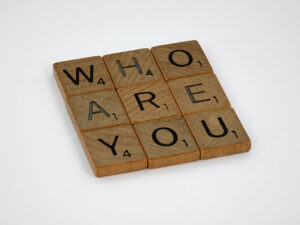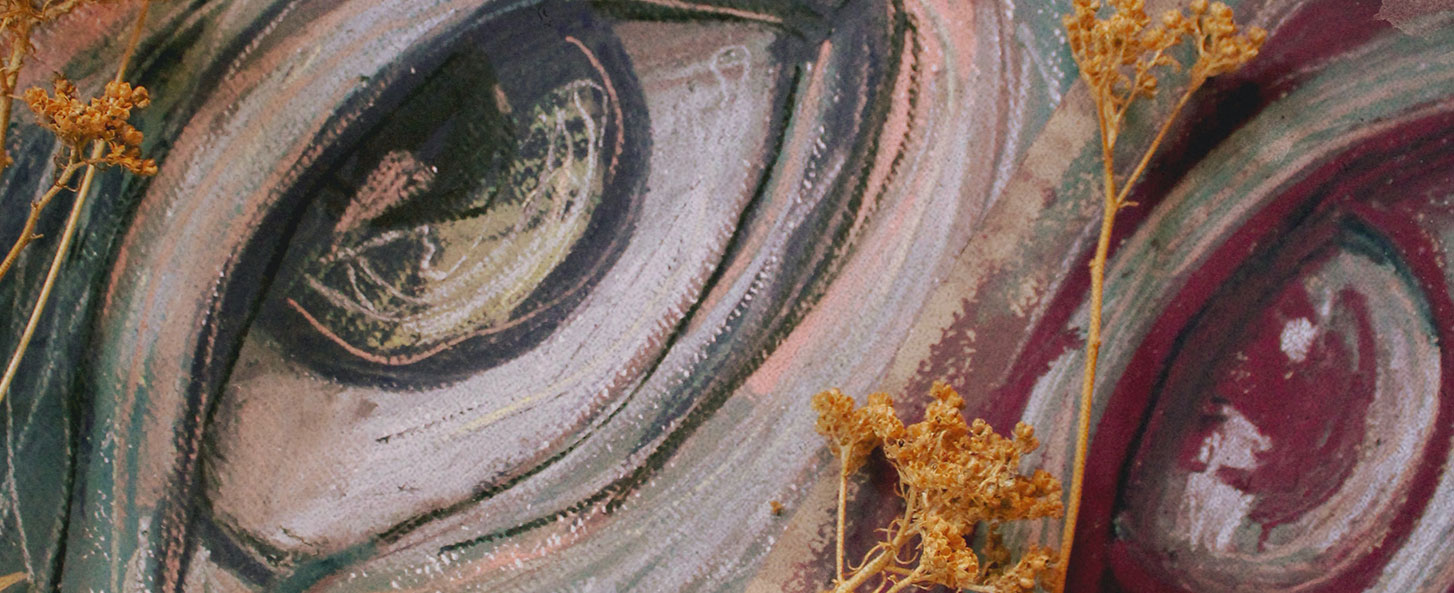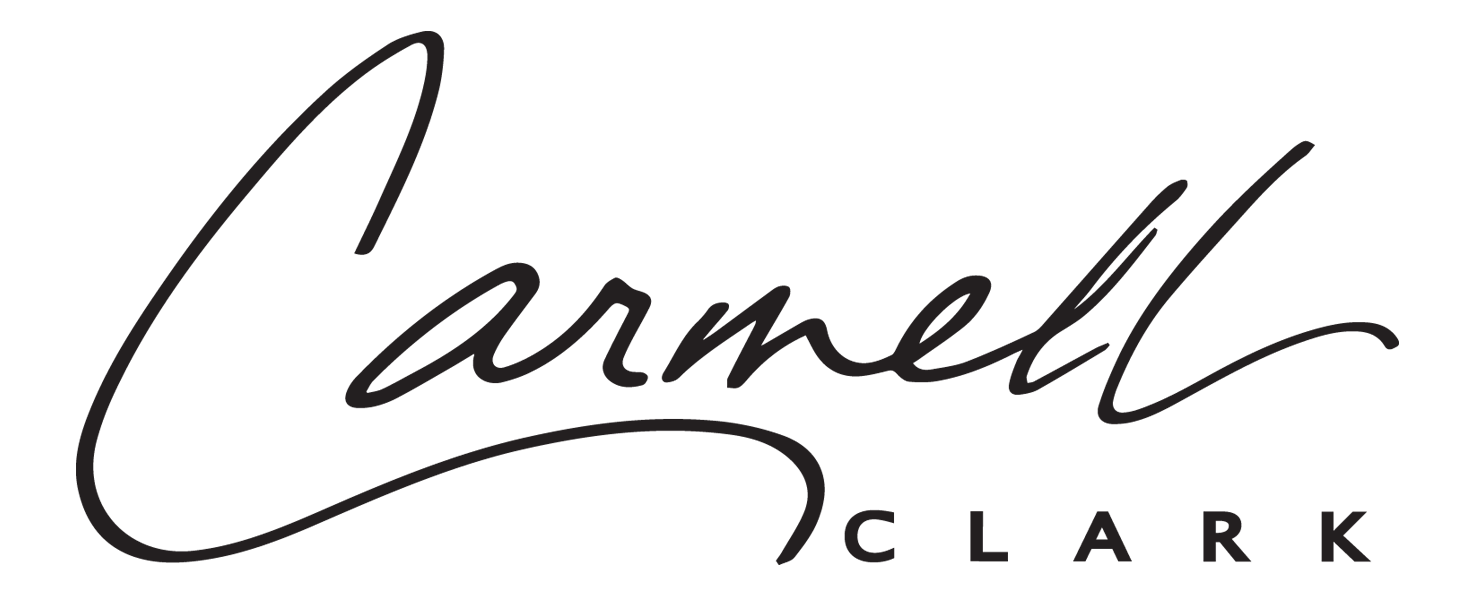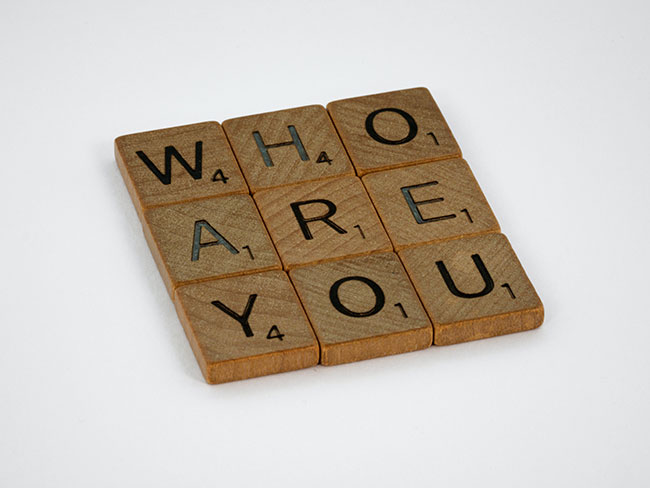- Understand that YOU are the one who helps you, not the charismatic guru, inspiring book, powerful program, like-minded community, or organization promising transformation.
- Own your own power– but don’t drink your own kool-aid.
- That shalt not follow the rules. Unless they are your own rules that you’ve thought through, tested against your Principles, and take full accountability for yourself.
- And on the subject of Principles… Take the time to figure out your own. They aren’t the same as Values.
- Figure out your own BIG questions. What are the questions you want to answer about life and death, about meaning and what matters, about who you are, etc. Too often, people sell self-help by selling the questions. They might even try selling you the answers to these questions. But stop them right there! Don’t buy someone else’s questions, find your own! It’s OK to borrow someone’s questions while you’re figuring it out. But if you let someone dictate your questions, you’ve given them your power. And you also risk letting their answers run your life. Thus are cults made.
- Follow yourself. We all get truly lost in this world and this life. But contrary to the negative press it gets, being lost is a sacred path, not an indictment of worthlessness or lack of ability to be successful at life. It takes our getting lost in order for us to figure out how to follow ourselves in this ever-changing life. This is the path of trust.
- Don’t follow someone else at the expense of your autonomy and inner authority. If learning from someone costs you your independence or your ability to listen to and trust yourself… RUN! Run like the wind! Your autonomy and inner authority are the early warning system that something might be undermining you. Listen to it!
- Make friends with your Ego. You will never get rid of it. The best any of us can do is to learn it so well that it can’t get away with bullshit. And then, to make friends with our ego. It’s rather like a parent catching on to their super-mischievous child and pre-empting every attempt to get into trouble. The parent can learn to laugh AND set boundaries, to love and appreciate this child for who they are–one who will always try to get away with things, while firmly keeping them in line. Life gets immensely easier this way.
- Find your own motives–and challenge where they come from. I sometimes think that 90% of self-help is built out of people not knowing their own motives–or how to find their motives and vet them out to see if they’re ego motives or enlightened motives. Obviously, enlightened motives will produce more inner fulfillment, joy, compassion, creativity, joy, connection, and most of all, accountability.
- Lifestyle and bank account DO NOT a guru make. We tend to give instant authority to people who’ve exhibited the ability to be good capitalists–to make a lot of money and have a lifestyle of wealth and affluence. But good capitalists can teach capitalism–not enlightenment principles. To equate enlightenment with being successful financially is one of the grossest lies our current $9B self-help industry “banks” on. Literally. Your inner path is internally validating. Be suspicious of anyone–including yourself–validating your consciousness according to wealth, fame, cultural, intellectual or lifestyle measures.
- Find good teachers and mentors: They will not turn everything into a dollar, though they will charge for their time. People before profits. Your time with them will lead you back to yourself–not to them, their programs, their books, or to becoming a follower. Your investment with them is exponential for you. The best teachers/mentors over time will make themselves more and more invisible, meaning that you will become more conscious of your own authority, your own ideas, and your own power and responsibility in your life–on your terms.
- When everything goes to shit in your life, there is NOT something wrong with you. There never was. Hard, bad and heartbreaking things happen in life. It will help you much more to “find yourself” through these experiences, than trying to find answers to why they happened to you. The phrase I [hate] the most, “Everything happens for a reason,” is a lazy excuse to avoid meeting the real struggles of life and letting them deepen us.
- Knowledge is not self-awareness or enlightenment. Self-help tends to teach that what you learn and what you know automatically imbue you with enlightenment. They don’t. The great Buddhist teachers constantly challenged their students to let go of knowledge so that ‘awareness could alight upon them like a small bird.’ The more we think we know, the more ignorant we become. Though knowledge can be helpful to challenge our limited thinking, it is not our conscious awareness. This comes when the mind looks away and wisdom suddenly rises. And no one can bring you to enlightenment. Anybody selling this is only after power. Say No, and instead turn inward, inside yourself to pursue the consciousness you are seeking.
 I obviously have a lot to say on this subject, lol. I am passionate for exposing the destructive myths of consciousness and what it means to be self-actualized. I’m equally passionate for raising consciousness, freeing our minds, and trusting our hearts. Beginning with myself, of course.
I obviously have a lot to say on this subject, lol. I am passionate for exposing the destructive myths of consciousness and what it means to be self-actualized. I’m equally passionate for raising consciousness, freeing our minds, and trusting our hearts. Beginning with myself, of course.
This is a good start 😉
Understand that YOU are the one who helps you. It is not the charismatic guru, the inspiring book, the powerful program, the like-minded community (yoga or otherwise), or the organization who promises transformation.
Own your own power– but don’t drink your own kool-aid. It’s the moment we think, “Ahhh yeah! I really get it. I’m woke!”, that we have crossed over into ego. It happens so subtly, this idea that *we know* and everyone else is outside unless they see the world like we do. We’ve “drunk our own kool-aid.”
That shalt not follow the rules. Unless they are your own rules that you’ve thought through, tested against your Principles, and take full accountability for yourself. Don’t follow someone else’s rules or ideas simply because the person seems[ more confident or certain.
And on the subject of Principles… Take the time to figure out your own. They aren’t the same as Values. Your Core Principles are what you will stand for no matter what in your life. It takes some soul-searching and some time to get solid and clear on yours. But once you have them? Nothing– I repeat, Nothing, can take you down.
Figure out your own BIG questions. What are the questions you want to answer about life and death, about meaning and what matters, about who you are, etc. Too often, people sell self-help by selling the questions. They might even try selling you the answers to these questions. But stop them right there! Don’t buy someone else’s questions, find your own! It’s OK to borrow someone’s questions while you’re figuring it out. But if you let someone dictate your questions, you’ve given them your power. And you also risk letting their answers run your life. Thus are cults made.
Follow yourself. We all get truly lost in this world and this life. But contrary to the negative press it gets, being lost is a sacred path, not an indictment of worthlessness or lack of ability to be successful at life. It takes our getting lost in order for us to figure out how to follow ourselves in this ever-changing life. This is the path of trust.
Don’t follow someone else at the expense of your autonomy and inner authority. If learning from someone costs you your independence or your ability to listen to and trust yourself… RUN! Run like the wind! Your autonomy and inner authority are the early warning system that something might be undermining you. Listen to it!
Make friends with your Ego. You will never get rid of it. The best any of us can do is to learn it so well that it can’t get away with bullshit. And then, to make friends with our ego. It’s rather like a parent catching on to their super-mischievous child and pre-empting every attempt to get into trouble. The parent can learn to laugh AND set boundaries, to love and appreciate this child for who they are–one who will always try to get away with things, while firmly keeping them in line. Life gets immensely easier this way.
Find your own motives–and challenge where they come from. I sometimes think that 90% of self-help is built out of people not knowing their own motives–or how to find their motives and vet them out to see if they’re ego motives or enlightened motives. Obviously, enlightened motives will produce more inner fulfillment, joy, compassion, creativity, joy, connection, and most of all, accountability.
Lifestyle and bank account DO NOT a guru make. We tend to give instant authority to people who’ve exhibited the ability to be good capitalists–to make a lot of money and have a lifestyle of wealth and affluence. But good capitalists can teach capitalism–not enlightenment principles. To equate enlightenment with being successful financially is one of the grossest lies our current $9B self-help industry “banks” on. Literally. Your inner path is internally validating. Be suspicious of anyone–including yourself–validating your consciousness according to wealth, fame, cultural, intellectual or lifestyle measures.
Find good teachers and mentors: They will not turn everything into a dollar, though they will charge for their time. People before profits. Your time with them will lead you back to yourself–not to them, their programs, their books, or to becoming a follower. Your investment with them is exponential for you. The best teachers/mentors over time will make themselves more and more invisible, meaning that you will become more conscious of your own authority, your own ideas, and your own power and responsibility in your life–on your terms.
When everything goes to shit in your life, there is NOT something wrong with you. There never was. Hard, bad and heartbreaking things happen in life. It will help you much more to “find yourself” through these experiences, than trying to find answers to why they happened to you. The phrase I [hate] the most, “Everything happens for a reason,” is a lazy excuse to avoid meeting the real struggles of life and letting them deepen us.
Knowledge is not self-awareness or enlightenment. Self-help tends to teach that what you learn and what you know automatically imbue you with enlightenment. They don’t. The great Buddhist teachers constantly challenged their students to let go of knowledge so that ‘awareness could alight upon them like a small bird.’ The more we think we know, the more ignorant we become. Though knowledge can be helpful to challenge our limited thinking, it is not our conscious awareness. This comes when the mind looks away and wisdom suddenly rises. And no one can bring you to enlightenment. Anybody selling this is only after power. Say No, and instead turn inward, inside yourself to pursue the consciousness you are seeking.
 I stopped. I knew what I was looking at. But you wouldn’t understand how my eyes locked and held. 35 inches pupil to pupil. It seemed a respectable distance. Yet I stood for far too long to stay a spectator.
I stopped. I knew what I was looking at. But you wouldn’t understand how my eyes locked and held. 35 inches pupil to pupil. It seemed a respectable distance. Yet I stood for far too long to stay a spectator. 


